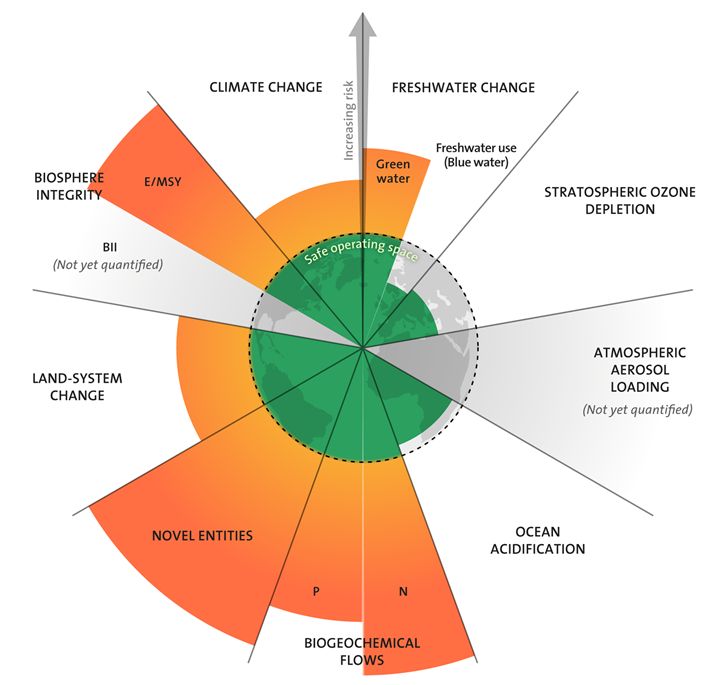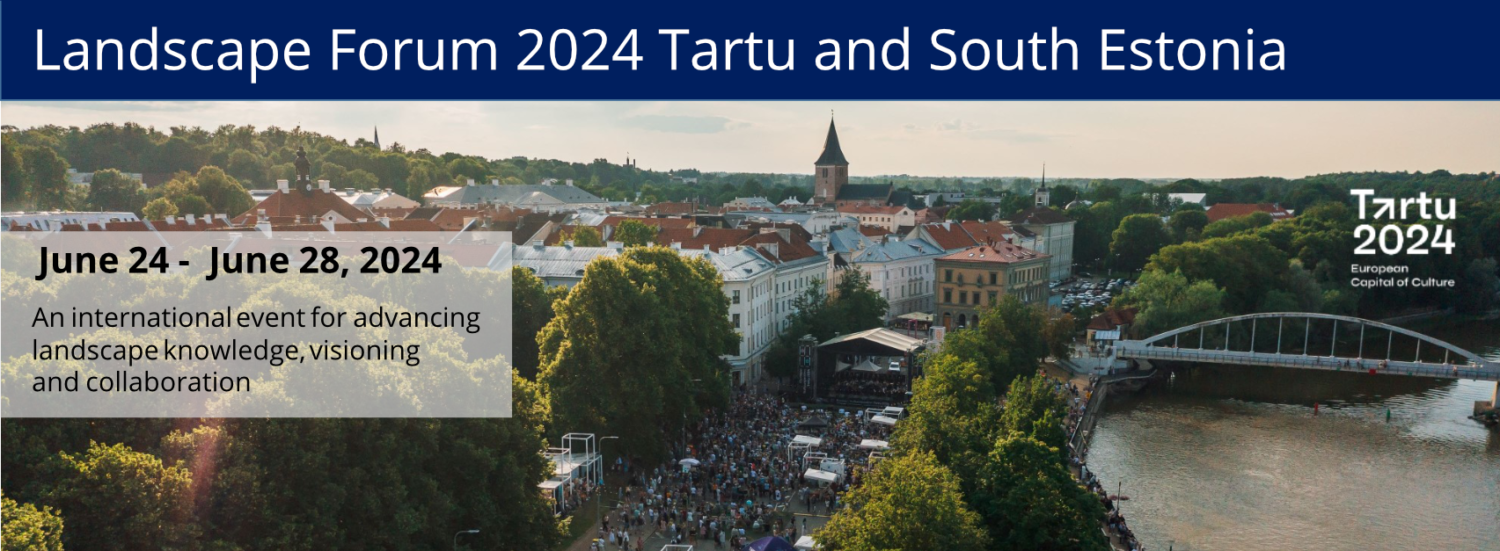“It’s easier to imagine the end of the world than the end of capitalism.” Mark Fisher

The Planetary Boundaries. Azote for Stockholm Resilience Centre, based on analysis in Wang-Erlandsson et al 2022
Working Group Coordination
This working group will synthesize the process of the Landscape Economy summer school organised by the TELOS ERASMUS Team from June 24 – July 2, 2023, in parallel to the forum process
>>> submit a poster to this topic
Objectives
At its very essence, every economy is about cultivating values. Throughout humanity, our landscapes have been a constant battle ground for values. We see all of this manifested as determinations of space, power, material and operations. The lie of cheap nature made capitalism big. The mantra of growth narrows our thinking. Trapped in this system, we operate day by day far beyond the capacity of our planet at the cost of non-human beings and future generations. How to take the necessary turn? In the light of ecological emergency, the concepts of regenerative economy and circular economy have become prominent over that past years. They have shaped the EU’s Green New Deal as our common transition framework. In this working group, we will explore these concepts and reflect how our own disciplines can design alternative business models as engines for sustainable value creation within our landscapes.
Scope
The cases and themes we are going to work on will refer to the spatial context of Nürtingen. It is a middle-size town located at the interface of Stuttgart Region and the Swabian Alb. A high-productivity urban area meets the Swabian Alb as an outstanding cultural and natural landscape. As a cross-cutting theme, we will explore the economic dimensions of the other forum themes. The working group will be part of a 10-days Landscape Economy Summer School organized by the TELOS ERASMUS project. We will cooperate with Nürtingen’s Climate Task Force on topics such as energy, food, mobility, water and retail.
Key questions
- What does the idea of a regenerative economy imply?
- What does the idea of a circular economy imply?
- How do alternative economic models work?
- Which consequences do we need to take for ourselves, in education, research and practice?
Expected outcomes
- Conceptual approaches on how to translate the idea of a regenerative economy to the Nürtingen case study area (including results from the TELOS summer school)
- A small selection of good practice case studies (introduced in TELOS summer school lectures)
- Suggestions for innovative educational approaches
- Suggestions for possible research topics / research questions
